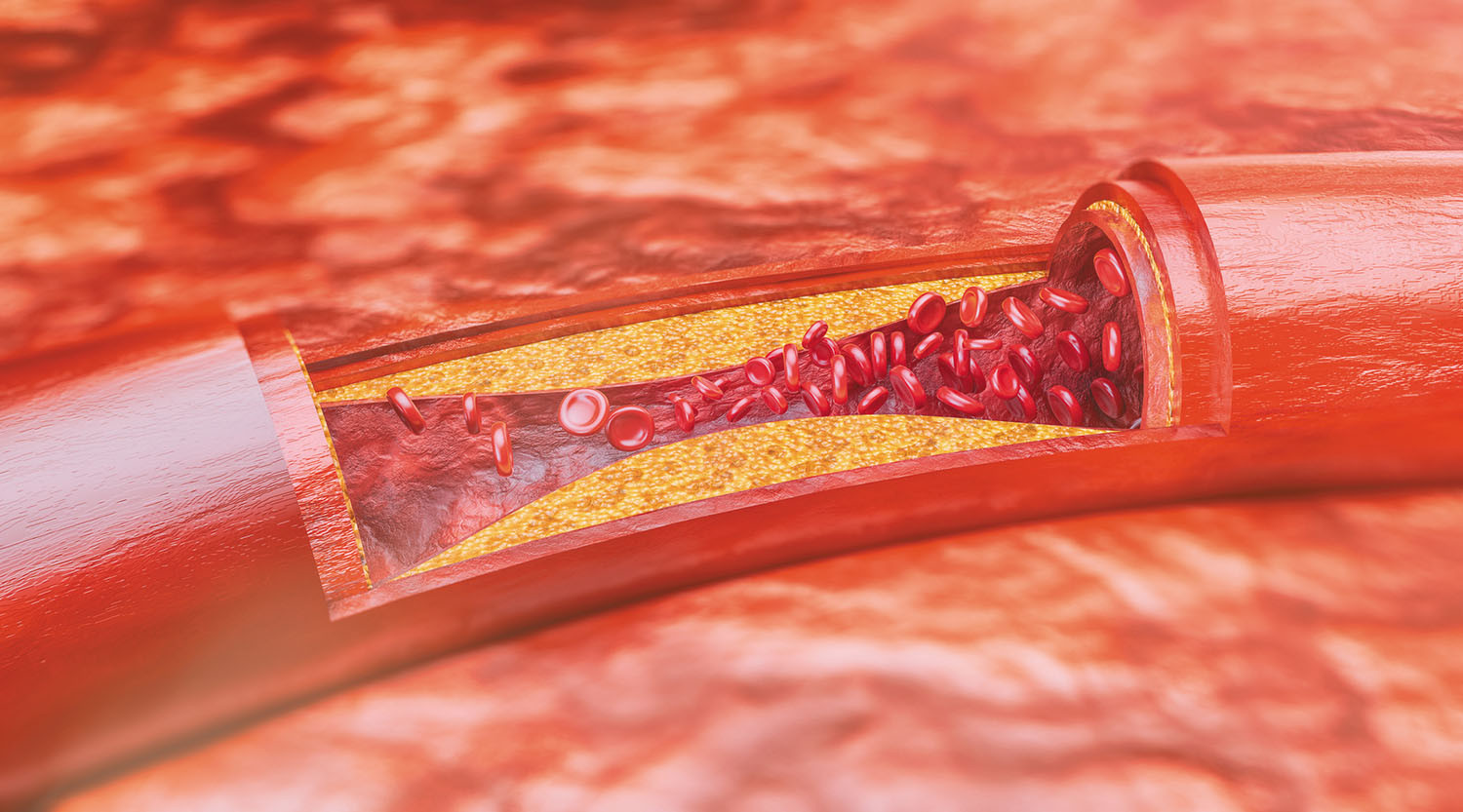Recent Blog Articles

How — and why — to fit more fiber and fermented food into your meals

Tick season is expanding: Protect yourself against Lyme disease

What? Another medical form to fill out?

How do trees and green spaces enhance our health?

A muscle-building obsession in boys: What to know and do

Harvard Health Ad Watch: New drug, old song, clever tagline

Concussion in children: What to know and do

What color is your tongue? What's healthy, what's not?

Your amazing parathyroid glands

When — and how — should you be screened for colon cancer?
Stroke Archive
Articles
Atrial fibrillation: Diagnosing and treating an abnormal heart rhythm
An abnormal heart rhythm — when your heartbeat is too slow, too fast, or irregular — may be a fleeting, harmless event. But it may also be a symptom of a more serious heart condition. One of these common abnormal heart rhythms, known medically as arrhythmias, is atrial fibrillation.
Atrial fibrillation
In atrial fibrillation (afib, for short), the heart's upper chambers, or atria, quiver instead of beating normally. The result is a fast, irregular heartbeat, which may lead to dizziness and fatigue but is often symptomless. A related condition is called atrial flutter.
When a stroke strikes
Under new guidelines, more people may qualify for a clot-retrieving procedure that promises better outcomes — once it becomes more widely available.
Image: © Luis Alvarez/Getty Images
About every 40 seconds, someone in the United States has a stroke. These potentially devastating events are nearly always caused by a blood clot blocking an artery supplying the brain (known as an ischemic stroke). Now, new guidelines have expanded the treatment options for removing or dissolving these clots — a change that experts say will save lives and prevent or limit brain damage from strokes.
"The future of stroke treatment is here. The question is, are we ready?" says Dr. Natalia Rost, associate professor of neurology at Harvard Medical School and director of acute stroke services at Massachusetts General Hospital. Currently, there's a shortage of specialists trained to perform the delicate procedure used to retrieve a clot during a stroke. The professional societies responsible for the training are working to catch up with the demand, she explains.
Avoiding atherosclerosis: The killer you can't see
Be proactive to ward off clogged arteries that can lead to heart attack, stroke, and even death.
Image: © CreVis2/Getty Images
Most people don't spend a lot of time thinking about atherosclerosis. After all, you can't see any buildup of waxy plaque that may exist in your arteries, and the disease doesn't make itself known until it's advanced. "It can progress for decades before you have symptoms like chest discomfort or shortness of breath," explains Dr. Ron Blankstein, a cardiovascular imaging specialist and preventive cardiologist at Harvard-affiliated Brigham and Women's Hospital.
Yet atherosclerosis quietly and invisibly puts many millions of people at risk for heart attack, stroke, leg amputation, disability, and even death.
A more personalized approach to treating high cholesterol
New guidelines refine the recommendations for treating the leading causes of death and disability.
Image: © Bill Oxford/Getty Images
Cholesterol, the waxy, fatlike substance that contributes to heart attacks and strokes, is among the best-known contributors to cardiovascular disease — and with good reason. For decades, doctors have recommended blood cholesterol testing, often during annual checkups. Nearly one in three American adults has high levels of LDL, the most harmful type of cholesterol. Expert advice on managing this common problem now takes a more personalized approach, according to updated guidelines released by the American College of Cardiology and American Heart Association last November.
"The new guidelines really codify and support what many preventive cardiologists already do," says Dr. Jorge Plutzky, director of preventive cardiology at Harvard-affiliated Brigham and Women's Hospital. They tailor treatment based not just on LDL values but also a person's overall risk, he explains.
Recent Blog Articles

How — and why — to fit more fiber and fermented food into your meals

Tick season is expanding: Protect yourself against Lyme disease

What? Another medical form to fill out?

How do trees and green spaces enhance our health?

A muscle-building obsession in boys: What to know and do

Harvard Health Ad Watch: New drug, old song, clever tagline

Concussion in children: What to know and do

What color is your tongue? What's healthy, what's not?

Your amazing parathyroid glands

When — and how — should you be screened for colon cancer?
Free Healthbeat Signup
Get the latest in health news delivered to your inbox!
Sign Up





